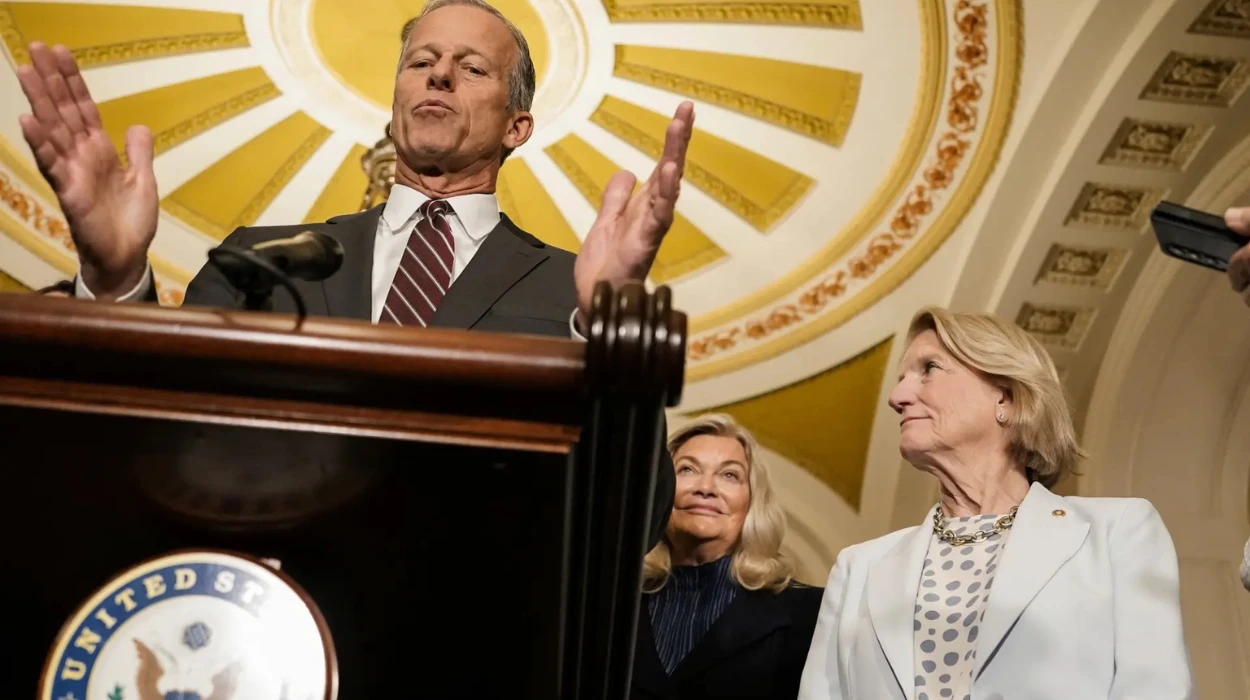Cryptocurrency companies had to make two attempts to persuade the Senate to approve a scheme they had long been pursuing to regulate stablecoins, which are digital assets that are based on currencies like the dollar. It has come to light that now, the entire plan might be derailed by a contentious policy dispute over credit cards. Sens. Dick Durbin (D-Ill.) and Roger Marshall (R-Kan.) have long been at odds over legislation that would increase competition and target credit card swipe fees.
Banks, credit unions, Visa, and Mastercard claim the law would compel businesses to reduce customer benefits, while retailers claim it would lower prices for consumers. Additionally, the proposal’s detractors are putting up a fierce battle against a recent attempt to include it in the Senate’s stablecoin bill.
According to Sen. Thom Tillis, R-N.C.,
“It’s a terrible policy.”
He went on to say,
“I’d go from being a co-sponsor to trying to figure out how to tank the [stablecoin] bill if the swipe fee measure got attached.”
My coworkers won’t be surprised by it.
For years, the conflicting interests and their large financial stakes have kept the Republican Party so split that the swipe charge measure was never put to a roll-call vote. Vice President JD Vance signed the law when serving as a senator, but he later privately informed lobbyists that he would not attempt to promote it. This is just one example of the complicated dynamics at work.
On Tuesday, Marshall submitted his proposal as an amendment to the stablecoin bill in the Senate. However, it’s unclear if he would advocate for a floor vote. Durbin said that since the swipe charge concept had never before seen floor action, he was unsure if it would receive 60 votes.
“We still haven’t made a decision. Marshall said to Semafor on Wednesday, “We’re still measuring twice before we cut once.” He claimed he hadn’t determined how to handle the amendment and didn’t want to talk about it any more.
The cryptocurrency sector is currently subtly urging its supporters on Capitol Hill to prevent the amendment from being put to a vote. Some in the business argue that more Democrats may support the swipe charge measure if it were approved by a simple majority vote.
The inclusion of the credit card amendment “puts me on the spot, doesn’t it?” asked Durbin, who is against the larger stablecoin plan. However, with 69 senators voting to advance it on Wednesday and 60 senators needing to vote to pass it, the crypto measure doesn’t have much space to lose support. Because of this, the majority of the sector is cautious of frightening off Republican politicians like Tillis. Supporters are optimistic that French Hill, R-Ark., the Financial Services Chair, would pass the bill unaltered in the House.
Hill has been a strong opponent of Marshall and Durbin’s bill and doesn’t appear to be going anywhere:
“This is not one where I would be inclined to change my long-stated view,”
he said in a February interview with Punchbowl News. One of the proponents of the stablecoin bill, Sen. Bill Hagerty, R-Tenn., told Semafor on Wednesday,
“We’re trying to keep this as clean and expedient as possible.”





